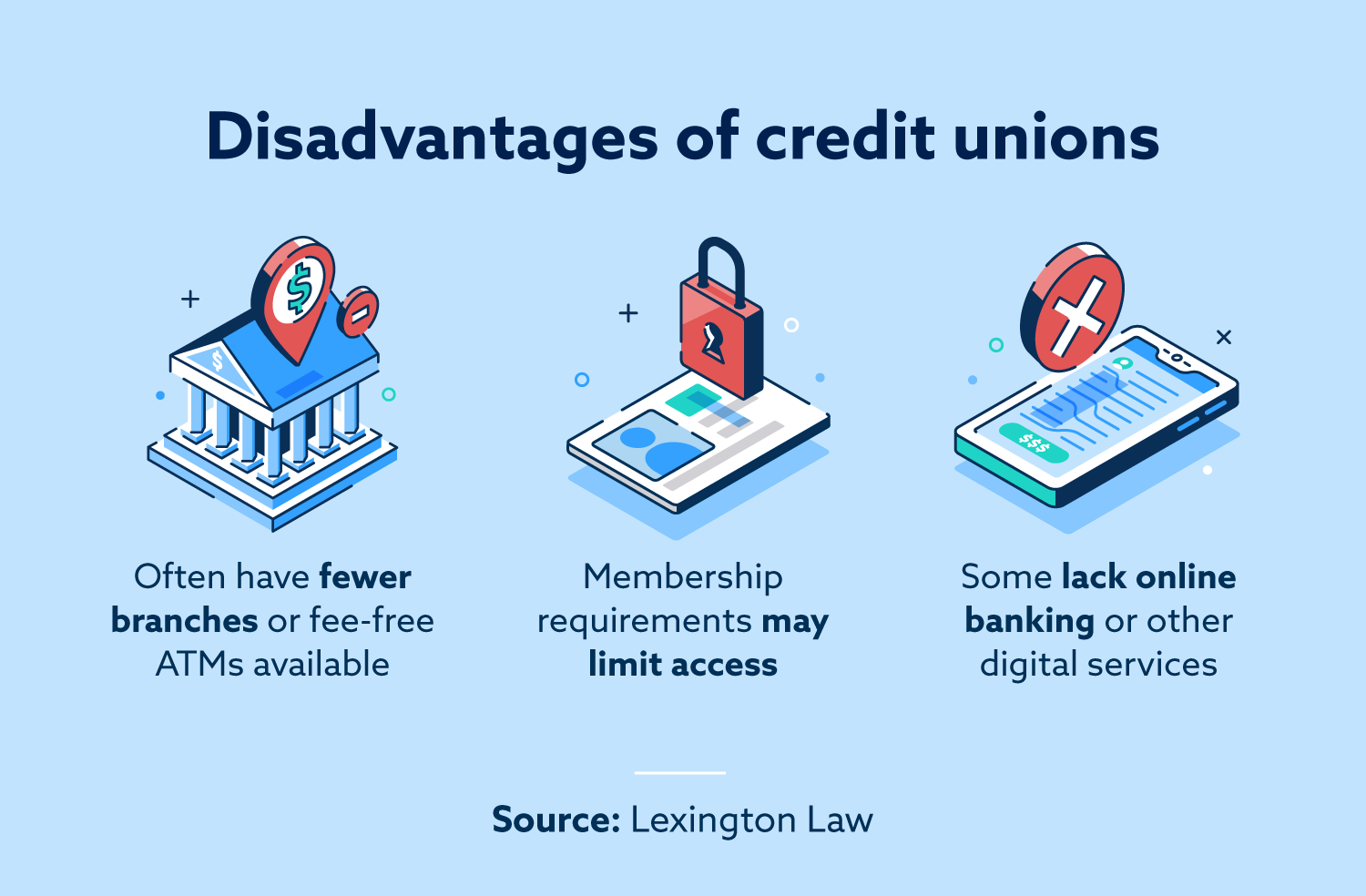Credit Union Cheyenne: Top Quality Financial Solutions and Personalized Solution
Credit Union Cheyenne: Top Quality Financial Solutions and Personalized Solution
Blog Article
Unlocking the Conveniences of Credit Rating Unions: Your Overview
In the world of banks, cooperative credit union stand as a usually underexplored and distinctive option for those looking for a much more personalized approach to banking. As we look into the details of lending institution, a world of possibilities and advantages unfolds, offering a peek right into a monetary landscape where neighborhood values and member-focused services take spotlight. From their simple beginnings to their contemporary influence, comprehending the significance of cooperative credit union can potentially improve the method you check out and handle your funds.

History of Debt Unions
Cooperative credit union have a rich background rooted in the cooperative movement, going back to the 19th century. The idea of cooperative credit union arised as a feedback to the monetary demands of people that were underserved by conventional banks. Friedrich Wilhelm Raiffeisen, a German mayor, is frequently credited with starting the initial modern-day debt union in the mid-1800s (Credit Union in Cheyenne Wyoming). Raiffeisen developed participating loaning cultures to aid farmers and country areas accessibility budget friendly credit score and leave the clutches of usurious loan providers.
The concept of individuals coming with each other to pool their sources and supply financial aid to every various other spread swiftly across Europe and later to The United States and Canada. In 1909, the initial credit score union in the United States was established in New Hampshire, marking the beginning of a brand-new period in community-focused financial. Ever since, lending institution have actually remained to prioritize the economic wellness of their participants over earnings, personifying the cooperative principles of self-help, self-responsibility, democracy, equality, equity, and uniformity.
Membership Qualification Criteria
Having established a foundation rooted in participating principles and community-focused financial, lending institution maintain specific subscription qualification criteria to guarantee positioning with their core values and purposes. These standards commonly revolve around an usual bond shared by prospective members, which can consist of variables such as geographic place, company, business association, or membership in a particular area or association. By calling for participants to satisfy specific qualification needs, credit score unions aim to promote a feeling of belonging and shared objective among their members, enhancing the cooperative nature of these banks.
In enhancement to common bonds, some cooperative credit union may also extend subscription qualification to household members of present participants or people that stay in the exact same home. This inclusivity assists lending institution increase their reach while still staying real to their community-oriented principles. By preserving clear and clear membership requirements, credit history unions can ensure that their participants are proactively taken part in sustaining the participating worths and goals of the establishment.
Financial Products and Providers
When thinking about the array of offerings available, credit score unions provide a diverse series of monetary items and services customized to meet the unique demands of their members. These offerings generally include financial savings and inspecting accounts, lendings (such as car fundings, individual loans, and home mortgages), credit report cards, and various financial investment alternatives. One vital benefit of lending institution is their emphasis on offering competitive rates of interest and reduced costs compared to traditional financial institutions. Members commonly benefit from individualized customer care, as debt unions focus on developing strong connections with those they offer.
Furthermore, cooperative credit union often supply economic education and learning and therapy to assist members improve their economic proficiency and make educated choices. Lots of credit score unions additionally join common branching networks, enabling members to access their accounts at a variety of locations nationwide. In general, the range of economic services and products offered by lending institution highlights their commitment to satisfying the diverse requirements of their participants while prioritizing their economic health.

Benefits Over Traditional Financial Institutions
Showing a distinct method to monetary solutions, cooperative credit union provide a number of benefits over typical banks. One key benefit is that lending institution are normally member-owned, implying that profits are reinvested right into the organization to provide better rates and lower charges for participants. This participating framework usually leads to much more customized consumer solution, as credit history unions prioritize participant contentment over taking full advantage of revenues. In addition, cooperative credit union are known for their affordable go to website rates of interest on cost savings accounts, fundings, and charge card. This can cause greater returns for participants who obtain or save money with the lending institution contrasted to standard banks.
Moreover, lending institution tend to have a strong concentrate on financial education and learning and neighborhood assistance. They often provide workshops and resources to aid participants enhance their monetary proficiency and make sound money monitoring choices (Wyoming Credit Unions). By cultivating a sense of neighborhood and shared objectives, credit report unions can develop a more inclusive and encouraging financial environment for their members
Neighborhood Involvement and Social Influence
In addition, debt unions frequently companion with local organizations and charities to support numerous social reasons such as inexpensive real estate, education, and health care. By collaborating with these entities, lending institution can amplify their social influence and address essential issues influencing their neighborhoods. This collective strategy not only advantages those in demand yet likewise reinforces the social textile of the area by fostering a sense of unity and support among its members. Fundamentally, debt unions act as stimulants for positive more adjustment, driving neighborhood growth and social progress through their active participation and impactful initiatives.
Conclusion
Finally, cooperative credit union have an abundant background rooted in neighborhood and collaboration, providing a diverse range of economic products and services with competitive prices and personalized client service. They focus on the financial health of their participants over revenue, fostering a sense of belonging and offering economic education. By proactively taking part in social effect initiatives, credit unions produce a comprehensive and encouraging banking atmosphere that makes a favorable difference in both private lives and communities.
Friedrich Wilhelm Raiffeisen, a German mayor, is frequently attributed with starting the first modern-day credit report union in the mid-1800s - Wyoming Credit Unions. By needing members to fulfill certain eligibility demands, debt unions intend to cultivate a feeling of belonging and shared objective amongst their participants, enhancing the cooperative nature of these economic establishments
In addition, credit see this site scores unions often provide monetary education and learning and therapy to help participants boost their financial proficiency and make notified choices. On the whole, the variety of financial products and services provided by credit scores unions underscores their commitment to meeting the diverse demands of their participants while prioritizing their economic wellness.
Additionally, credit history unions are understood for their affordable rate of interest rates on savings accounts, finances, and credit rating cards.
Report this page